Discover the versatile uses and health benefits of coconut oil for beauty and wellness. Explore how it can enhance your daily routine—read more now!
Vervain Plant Benefits (Verbena): Uses, Effects, and Nutritional Value
 Uses, Effects, and Nutritional Value.jpg)
What is Verbena Officinalis?
Verbena officinalis, common vervain, perennial herb from Europe and Asia, is non-toxic and edible.
Common vervain belongs to the Verbenaceae family and has been used in herbal medicine for ages. It has many benefits and uses, but it should be used in moderation to avoid side effects.
Verbena officinalis, blue vervain flower, is used as a drink's flavouring agent and a natural ingredient in French soaps.
History and Cultural Significance of Vervain
Vervain, Verbena officinalis, has a long history and uses that go back millennia. In ancient times, this perennial herb was considered a sacred plant with magical powers.
The ancient Greeks and Romans revered vervain, which was associated with love, fertility, and prosperity. It was used in rituals and ceremonies to invoke protection and healing. In traditional medicine, vervain was also used for its therapeutic properties.
In medieval Europe, vervain's reputation as a powerful herbal remedy grew. It was believed to ward off evil spirits and diseases, so it was a common household item.
The herb's mystique extends to traditional Chinese medicine, where it treats fever, rheumatism, and digestive problems. In Ayurvedic medicine, vervain balances the body's energy and overall well-being.
Vervain's spiritual and mystical properties are also seen in African and Afro-Caribbean traditions, where it's used in rituals and spells for protection, healing and divination.
Today, vervain is a common ingredient in herbal remedies and natural soaps. It is celebrated for its anti-inflammatory, antispasmodic and sedative properties. Its long history as a medicinal plant proves its benefits and its place in traditional medicine.
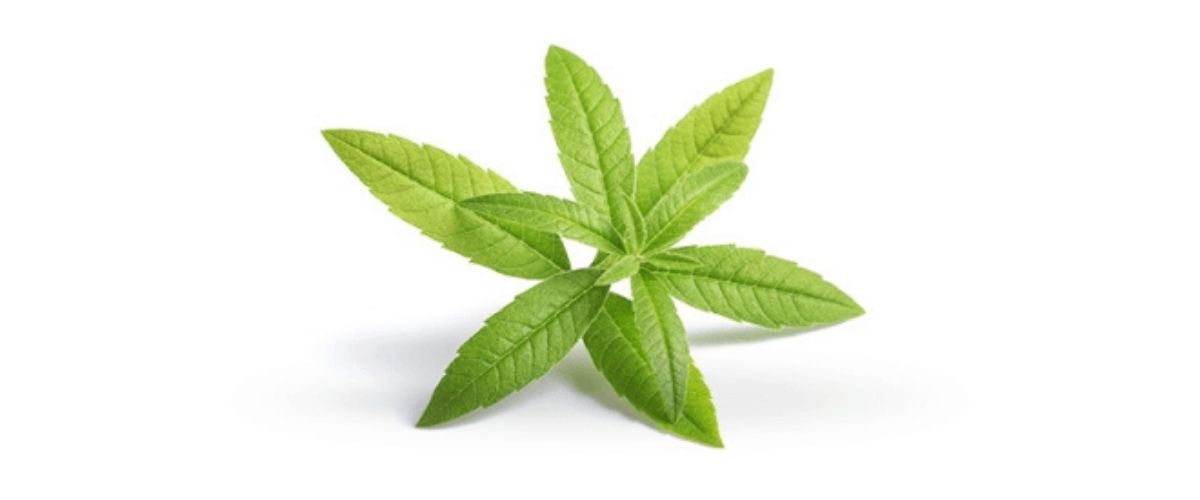
Uses and Benefits of Vervain Extract
-
Vervain extract has numerous therapeutic benefits, including antitumor, anti-anxiety, and antibacterial properties.
-
Used to treat insomnia, anxiety and depression.
-
Common verbena has medicinal effects, aids digestion and reduces inflammation due to its anti-inflammatory properties. Vervain has antioxidant properties that protect the body from oxidative stress. The potential health benefits of vervain also include its traditional uses for various ailments, although more research is needed to validate these claims.
-
Vervain tincture relieves menstrual cramps, hormonal headaches and hot flushes.
-
Calming and antispasmodic, it is a good tonic herb for PMS.
Scientific Research and Studies on Vervain
While vervain has been used in traditional medicine for ages, modern scientific research is starting to prove its benefits. Studies have found bioactive compounds in vervain extract, such as flavonoids, phenolic acids, and terpenoids, which are believed to be responsible for its medicinal properties.
The potential health benefits of vervain, such as its antitumor properties and nerve cell protection, are supported by some scientific research, although more studies are needed to confirm these effects.
A study in the Journal of Ethnopharmacology found vervain extract to have anti-inflammatory and antioxidant properties. These properties may help against chronic diseases like arthritis and cancer.
Another study in the Journal of Pharmacy and Pharmacology found vervain extract to be antispasmodic and sedative, suitable for anxiety and insomnia.
The research so far suggests that vervain may:
-
Reduce inflammation and pain.
-
Relieve anxiety and insomnia.
-
Support digestive health
-
Boost immune system
-
Protect against chronic diseases like arthritis and cancer.
More research is needed to fully understand its benefits and to prove its safety and efficacy as a medicinal plant. As with any herbal remedy, it's important to consult a healthcare provider before using vervain, particularly if you have existing health conditions or are on medication.
Antimicrobial and Antitumor Effects
Vervain, particularly its essential oils like citral, has been found to possess impressive antimicrobial properties. These essential oils exhibit activity against a range of microorganisms, including bacteria and fungi, making vervain a potential natural remedy for wound care and infection prevention. Whether used in a tincture or as part of a topical application, vervain’s antimicrobial effects can help keep wounds clean and promote faster healing.
In addition to its antimicrobial properties, vervain also shows promise in the realm of cancer treatment. The glycosides and triterpenoids present in vervain have been shown to inhibit the growth of cancer cells and induce apoptosis (cell death) in various types of cancer, including leukemia and colon cancer. While more research is needed to fully understand the antitumor effects of vervain, the existing evidence suggests that it may be a valuable addition to cancer treatment protocols. This dual action of fighting infections and potentially combating cancer highlights vervain’s significant potential health benefits.
Nutritional Value and Composition
-
Vervain has bioactive compounds, essential oils, flavonoids and phenylpropanoids.
-
Iridoides, triterpenes, mucilage, tannins and saponins.
-
Verbena officinalis is bitter in taste, but its nutritional value makes it a popular ingredient in herbal remedies. Common verbena is also known for its nutritional benefits and is used in various herbal remedies for its benefits.
Antioxidant Properties
Vervain, also known as Verbena officinalis, is a perennial herb native to Europe and Asia, celebrated for its rich antioxidant content. These antioxidants, including flavonoids, phenolic acids, and terpenoids, play a crucial role in protecting the body against free radicals and oxidative stress.
Studies have shown that vervain extract exhibits significant antioxidant activity, which can help to:
-
Neutralize free radicals and reduce oxidative stress
-
Protect against cell damage and inflammation
-
Support overall health and well-being
The antioxidant properties of vervain make it a popular ingredient in herbal remedies and supplements, particularly those aimed at supporting immune function and reducing inflammation. Incorporating vervain into your routine can be a natural way to bolster your body’s defenses and promote long-term health.
Precautions and Side Effects
-
Vervain supplements may cause adverse effects such as skin allergy when applied topically.
-
Pregnant or breastfeeding women should not use vervain as there is no reliable information.
-
It may interact with liver-metabolized and broken-down medications and increase their effects and side effects. Consume common verbena in moderation to avoid side effects.
-
Before using a vervain supplement, it is crucial to consult with a healthcare provider to avoid potential interactions and side effects.
Interactions and Contraindications
While vervain is generally considered safe for use, there are some potential interactions and contraindications to be aware of:
-
Pregnancy and breastfeeding: Vervain may stimulate the uterus and cause contractions, so it is not recommended for use during pregnancy. Additionally, there is limited research on the safety of vervain during breastfeeding, so it is best to consult with a healthcare provider before using it.
-
Medications: Vervain may interact with certain medications, such as blood thinners, diabetes medications, and blood pressure medications. Consult with a healthcare provider before using vervain if you are taking any medications.
-
Allergies: Some people may be allergic to vervain, so it is recommended to start with a small dose and monitor for any adverse reactions.
-
Kidney and liver disease: Vervain may not be suitable for individuals with kidney or liver disease, as it may exacerbate these conditions. Consult with a healthcare provider before using vervain if you have any underlying health conditions.
Being aware of these potential interactions and contraindications can help you use vervain safely and effectively. Always consult with a healthcare provider to ensure that vervain is appropriate for your individual health needs.
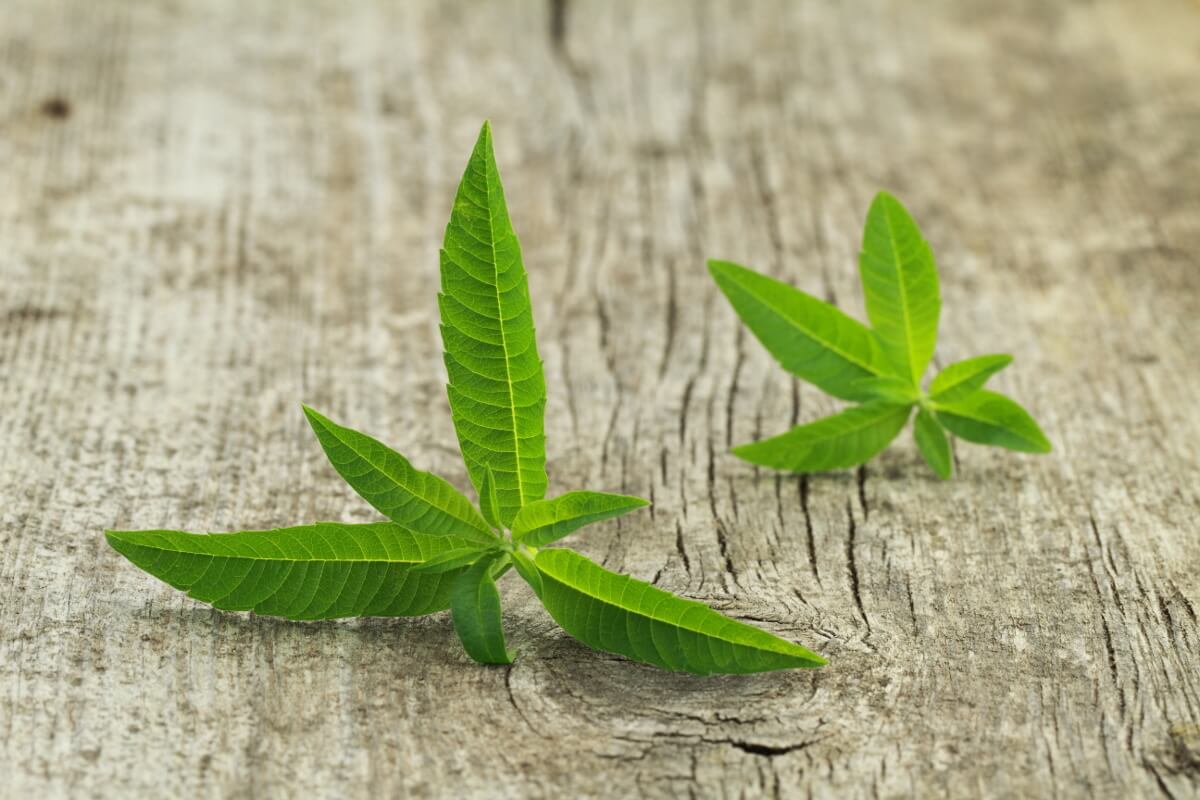
Dosage and Storage
Follow dosage and storage guidelines for safety and effectiveness when using vervain in your herbal remedies. For most conditions, 1-2 teaspoons of dried vervain leaves or flowers per cup of boiling water should be steeped for 5-10 minutes. Depending on the condition, take up to 3 times a day.
For those using vervain tincture, the dosage is usually 20-30 drops in water, taken 2-3 times a day. Always start with a low dose and increase as needed, monitoring your body's response.
Vervain's potency depends on its storage. Dried vervain leaves and flowers should be stored in a cool, dry place, out of direct sunlight and moisture, for up to 6 months. Vervain tincture has a longer shelf life and can be stored for up to 2 years. Always ensure your storage containers are airtight to prevent air and moisture from getting in.
As with any herbal remedy, always consult with a healthcare provider before using vervain, especially if you are pregnant, breastfeeding or taking medications. So you can safely enjoy the benefits of vervain without any side effects.
How to Use Vervain in Herbal Medicine
Vervain can be used in tincture form or made into capsules from the dried and powdered herb. Herbal infusions are another way to use vervain. It is often used with other medicinal herbs like lemon balm. Common verbena can also be used in cooking, adding flavour to dishes and teas.
Consult a healthcare provider before using vervain as an herbal remedy.
Preparation Methods for Vervain
Vervain can be prepared in various ways, depending on the desired use and effect. Here are some common preparation methods:
-
Tea: Steep 1-2 teaspoons of dried vervain leaves in boiling water for 5-10 minutes. Strain and drink up to 3 times a day.
-
Tincture: Take 20-30 drops of vervain tincture in water, 2-3 times a day.
-
Infusion: Steep 1-2 tablespoons of dried vervain flowers in boiling water for 5-10 minutes. Strain and drink up to 3 times a day.
-
Capsules: Take 1-2 capsules of dried vervain extract, 2-3 times a day.
-
Essential oil: Use vervain essential oil in aromatherapy or add a few drops to a carrier oil for topical use.
Each preparation method offers unique benefits and can be chosen based on personal preference and specific health needs. It is recommended to consult with a healthcare provider before using vervain, especially if you have any underlying health conditions or are taking medications.
How to Grow and Harvest Vervain
It is easy to grow as a perennial herb that will grow in any conditions. It even grows through concrete, making it perfect for beginners and experienced growers.

Growing Vervain
To cultivate vervain, choose a location with well-drained soil and full sun to partial shade, as this will ensure optimal growth. Vervain is generally recognized as safe and can be grown from seeds or cuttings. If starting from seeds, sow them indoors in early spring or directly in the garden after the last frost. Ensure the seeds are lightly covered with soil, requiring light to germinate. Maintain a consistent temperature and moisture level to encourage sprouting, typically occurring within two to four weeks.
Once the seedlings are established, space them about 12 inches apart to allow for adequate air circulation and growth. Vervain plants prefer moderate watering; be cautious not to overwater, which can lead to root rot. As a perennial herb native to Europe and Asia, vervain is relatively low-maintenance and can adapt to various climates.
Harvesting Vervain
Vervain can be harvested throughout its flowering period, which extends from May to October. Harvest the plant in the morning after the dew has dried but before the sun is too intense for the best results. This timing helps preserve the essential oils and active compounds within the plant.
To harvest, use sharp scissors or pruning shears to cut the stems just above a leaf node, encouraging new growth. The leaves and flowers can be used fresh or dried for herbal remedies. When drying vervain, hang the cuttings upside down in a well-ventilated, dark area to preserve their colour and potency.
Properly harvesting and storing vervain ensures you have a continuous supply of this versatile medicinal plant, which can be used in tinctures, teas, and other herbal preparations.
Related Herbs: Lemon Verbena
-
Lemon verbena is a related species used in herbal medicine.
-
It has a similar composition to vervain and is used for anxiety and insomnia.
-
Used as flavouring in teas and desserts.
-
Also a very popular ingredient in French soaps.
Conclusion
In summary, verbena officinalis, or common verbena, is a perennial herb from Europe and Asia that has been used in herbal medicine for centuries. This versatile plant is known for its essential oils, especially citral, which have many benefits, including antitumor, antimicrobial, and anti-anxiety effects.
Verbena extract also reduces inflammation and improves sleep quality, making it a great addition to any herbal remedy.
As a medicinal plant, verbena officinalis has been used to treat anxiety, depression, insomnia and digestive issues. But consult a healthcare provider before using vervain, especially if you have underlying health conditions or are taking medications.
Lemon verbena, a related species of verbena officinalis, also has a place in herbal medicine. Known for its calming and sedative properties, lemon verbena essential oil has antimicrobial and anti-inflammatory benefits and is used in herbal remedies.
Beyond its medicinal uses, verbena is a flavouring in culinary applications, especially in teas and desserts. Its bitter taste is balanced with other herbs like lemon balm.
In general, Verbena officinalis is a versatile plant with a long history in herbal medicine. Its many benefits and uses make it valuable but use verbena responsibly and with a healthcare provider.

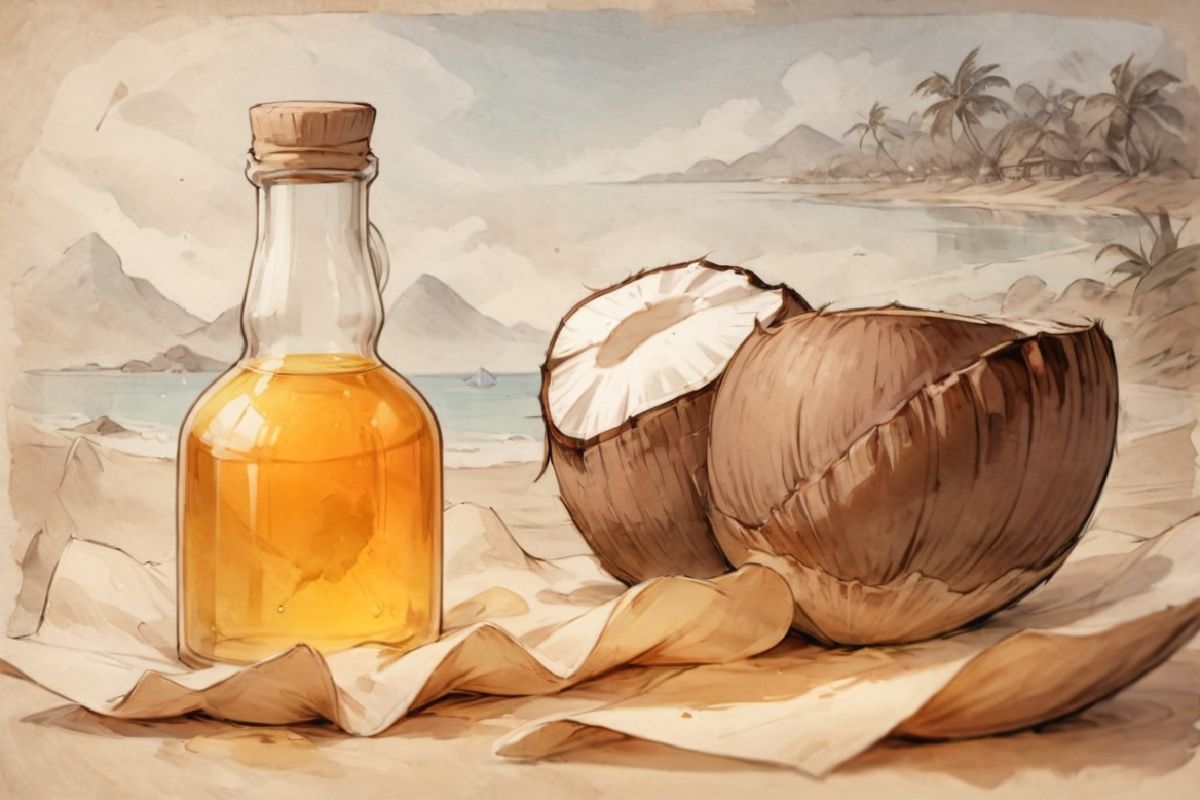
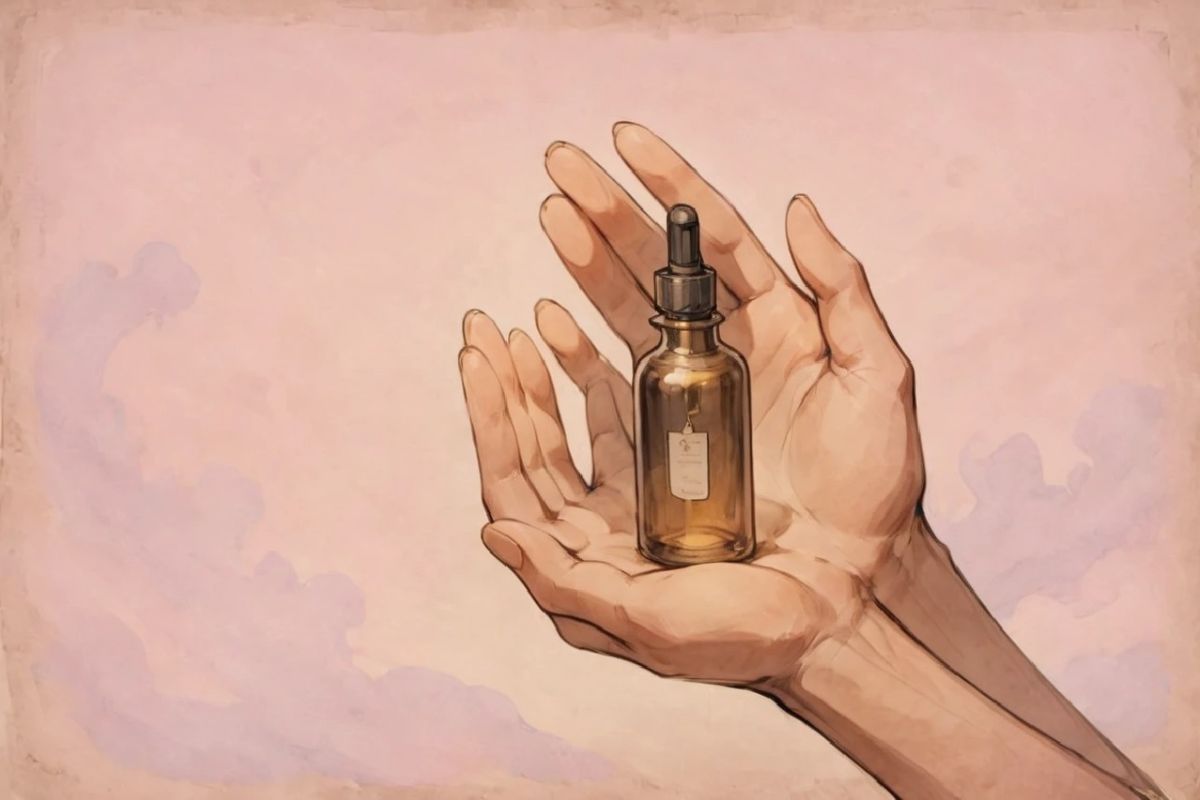
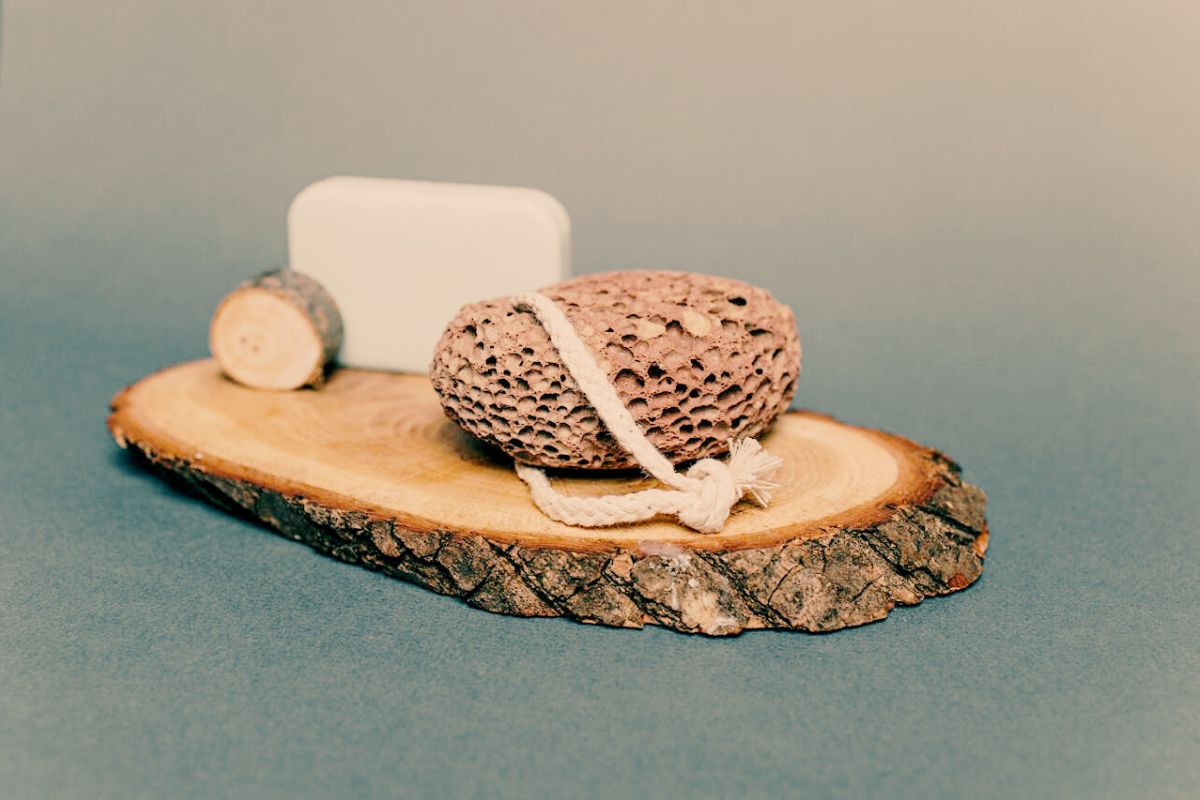
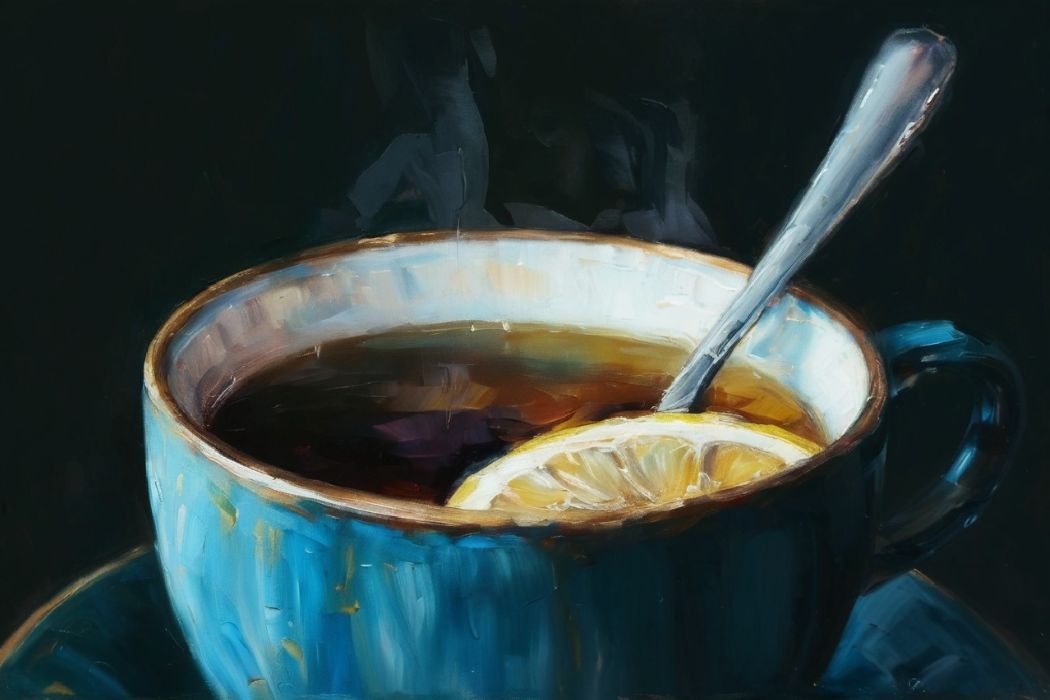
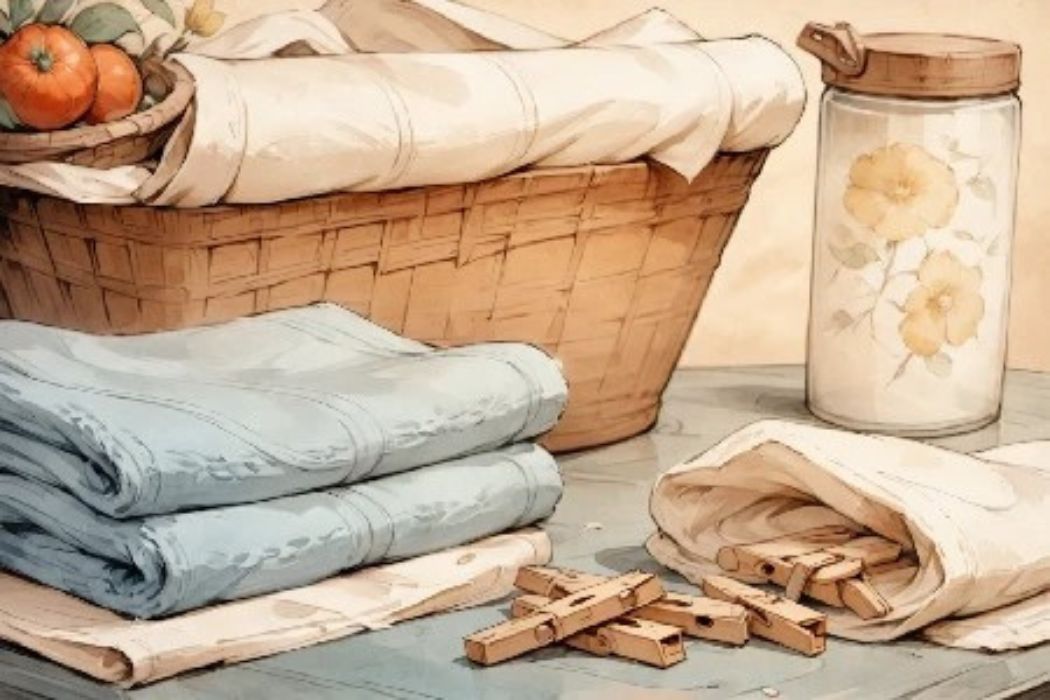

Hi Sophie
I have a lemon verbena plant growing (it's not yet a tree). In the summer when I have strawberries for dessert, I pick a small handful of leaves and make a simple syrup with them. Once the syrup has become flavoured with the verbena, I strain it into a jug and put into the refrigerator until ready to use. If the strawberries are big, halve them, and place all into a bowl. Pour over the verbena syrup for a refreshing dessert. Enjoy!
Judy
Thanks, Judy, that's an excellent idea - now my mouth is watering :)